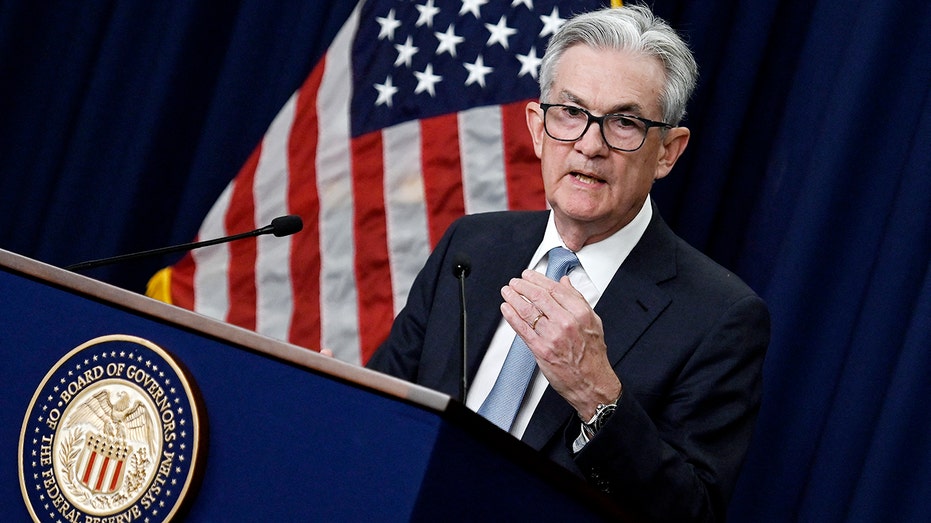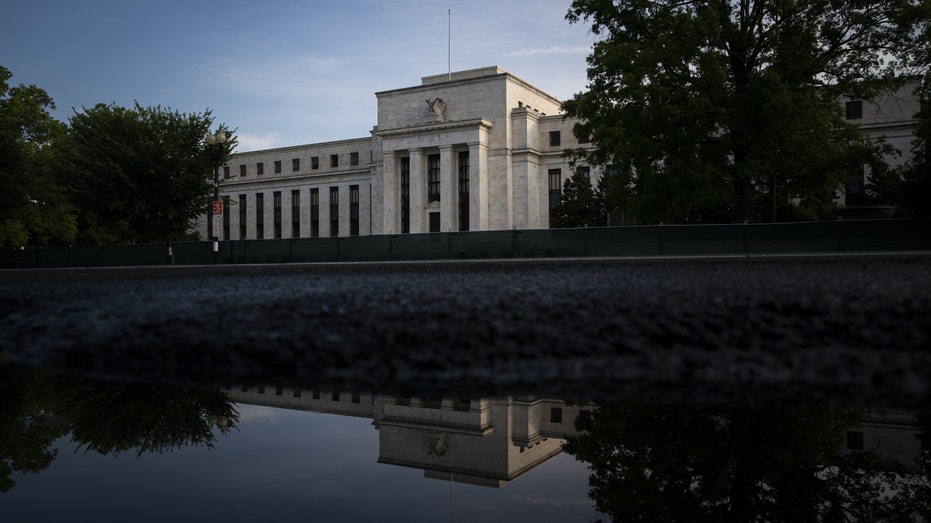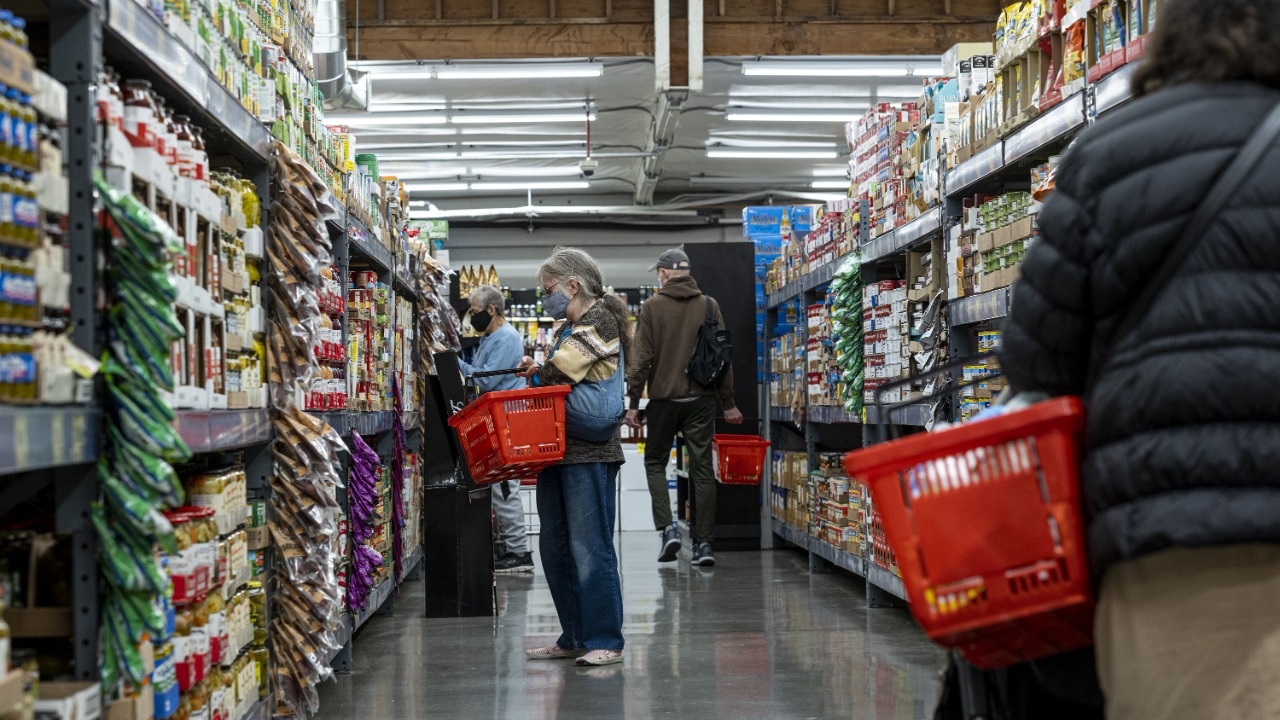Is the US economy headed for a recession in 2023? Majority of economists say yes
US economy facing 'big headwinds' from high interest rates, inflation
US economy will see 'progressive slowing' in 2023: Dennis Lockhart
Former Federal Reserve Bank of Atlanta President and CEO Dennis Lockhart looks ahead to the November CPI's impact on the Fed's rate decisions.
Economists see an overwhelming chance that the U.S. economy sinks into a recession next year as a result of the Federal Reserve's massive interest rate hikes.
The probability of a downturn in 2023 climbed to 70% in December, according to the latest Bloomberg monthly survey of economists, up from 65% in November. The poll, conducted between Dec. 12-16, surveyed 38 economists.
In total, the economists see paltry growth next year: The median estimate for U.S. gross domestic product is just 0.3%, according to the survey, including a 0.7% decline in the second quarter and flat readings in the first and third quarters. Consumer spending, which accounts for about two-thirds of total GDP, is projected to barely grow in the middle half of the year.
"The U.S. economy is facing big headwinds from surging interest rates, high inflation, the end of fiscal stimulus, and weak export markets abroad," Comerica Bank chief economist Bill Adams told Bloomberg.
NOVEMBER INFLATION BREAKDOWN: WHERE ARE PRICES RISING THE FASTEST?

Federal Reserve Chair Jerome Powell speaks during a news conference on interest rates, the economy and monetary policy actions, at the Federal Reserve Building in Washington, D.C., on June 15, 2022. (Photo by OLIVIER DOULIERY/AFP via Getty Images / Getty Images)
The Federal Reserve has been raising interest rates at the most aggressive pace since the 1980s in a bid to fight inflation. Policymakers have already approved seven straight rate hikes, putting the federal funds rate into a range of 4.25% to 4.5% from near zero in March.
Although officials signaled at their December meeting they could pause the rate hikes several months into 2023, they have also signaled an appetite for a higher peak interest rate that would further constrain economic growth.
Officials also indicated that economic growth will slow sharply next year and that unemployment will march substantially higher to a rate of 4.6% as rate hikes bring the U.S. to the brink of a recession. The Fed expects the jobless rate to remain elevated in 2024 and 2025 as steeper rates continue to take their toll by pushing up borrowing costs.
INFLATION EASES MORE THAN EXPECTED IN NOVEMBER TO 7.1%, BUT CONSUMER PRICES REMAIN ELEVATED
With inflation remaining persistently high – prices are running at a pace about three times above their pre-pandemic average – economists widely expect the Fed to trigger a recession with higher interest rates, which could force consumers and ultimately businesses to pull back on spending.
Bank of America, Goldman Sachs and Deutsche Bank are among the major Wall Street firms forecasting a downturn next year, although they remain uncertain about its severity.

The Marriner S. Eccles Federal Reserve building in Washington, D.C., US, on Wednesday, July 6, 2022. (Photographer: Al Drago/Bloomberg via Getty Images / Getty Images)
GET FOX BUSINESS ON THE GO BY CLICKING HERE
Still, Fed Chair Jerome Powell pushed back against that expectation during his post-meeting press conference last week, suggesting that lower inflation prints could boost the odds of a soft landing — the sweet spot between curbing inflation without flatlining growth.
"To the extent we need to keep rates higher and keep them there for longer and inflation moves up higher and higher, I think that narrows the runway," Powell told reporters. "But lower inflation readings, if they persist, in time could certainly make it more possible. I don't think anyone knows whether we're going to have a recession or not, and if we do, whether it's going to be a deep one or not. It's not knowable."





















